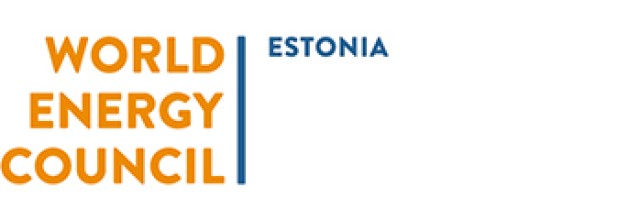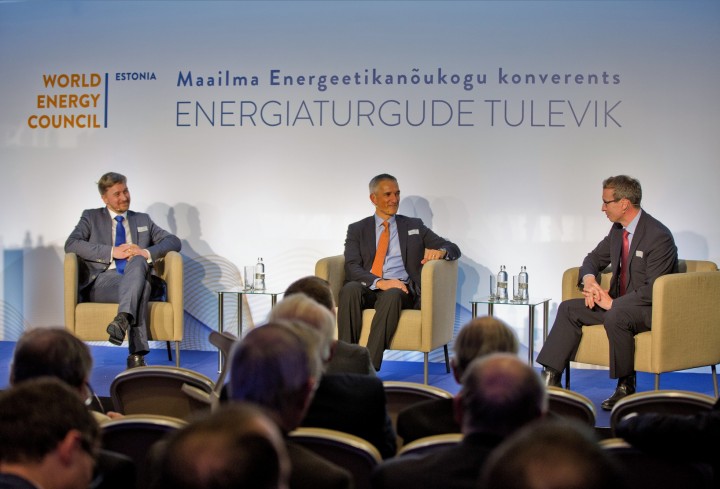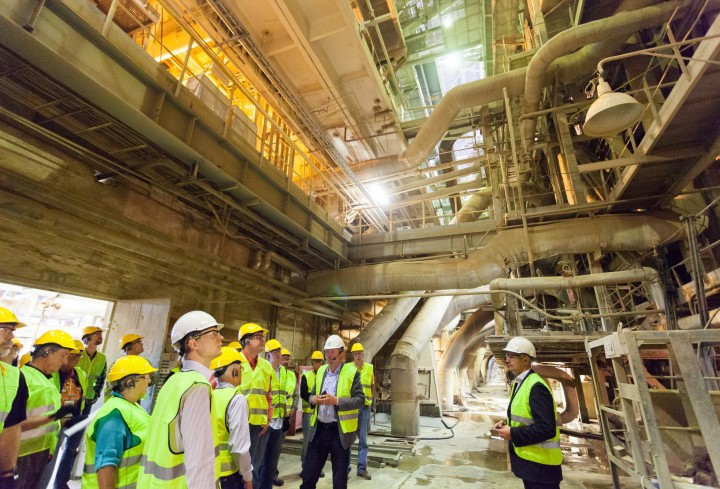Estonia has been a member of the World Energy Council since 1937. Estonia was then represented by the National Power Committee, led by Director J. Veerus and Professor P. Kogerman. In 1998, the 17th World Energy Congress in Houston formally reinstated Estonia’s membership of the World Energy Council. The Estonian Member Committee of the World Energy Council was founded on 16 July 2003 by the Ministry of Economic Affairs and Communications, Estonian Academy of Sciences, Estonian Power and Heat Association, Tallinn Technical University, Eesti Energia AS and AS Eesti Gaas.
Andrus Durejko is the CEO of Enefit from April 2023. Enefit operates in the Baltic and Nordic electricity and gas markets, as well as the global liquid fuels market. Enefit offers energy solutions ranging from electricity, heat and fuel production to sales, customer service, and consulting.
Prior to Enefit Andrus Durejko was working as Chair of the Management Board at Ericsson Eesti and Ericsson Latvia. In addition, he has worked as an Ericsson Eesti AS Board Member in the field of technology, program director in Nordic and Baltic countries and chief technology officer. He was also Regional Director of Ericsson Ukraine in the field of mobile core networks.
Andrus Durejko is an Advisory Board Member at the AI and Robotics (AIRE) Center.
He has graduated from Estonian University of Life Sciences in Electrical Power Engineering (M.S) and completed MBA courses in Estonian Business School.
Priit Mändmaa was appointed as a Secretary General of the Estonian Member Committee of the World Energy Council in 2018. Prior to joining the World Energy Council he was working for the Estonian Competition Authority as a lawyer and a deputy head of the Energy Regulatory Division. He holds a bachelor and masters degree in law from the University of Aberdeen and is in the process of acquiring a PhD from the Estonian Business School.
Energy in Estonia
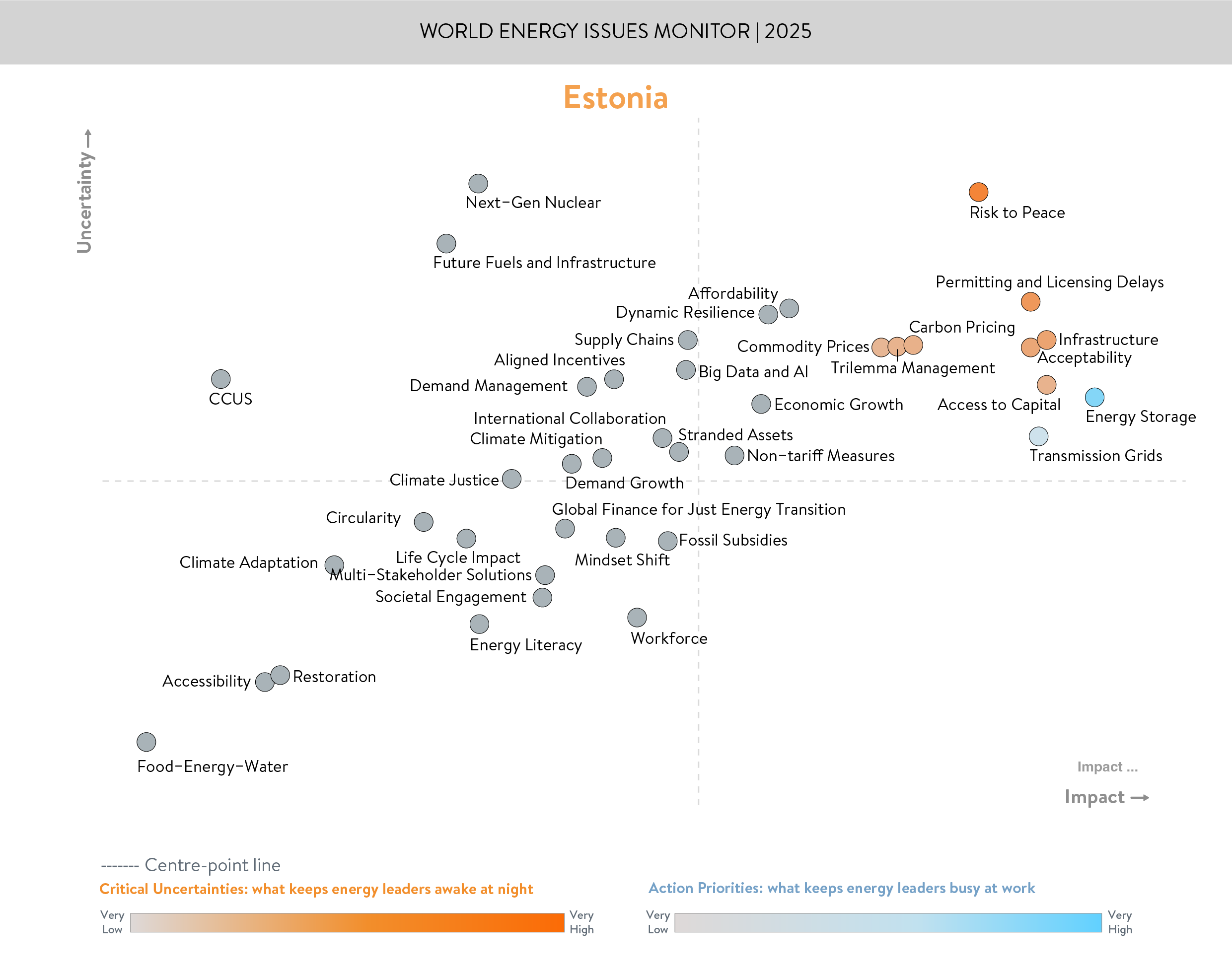
ENERGY ISSUES IN MOTION
In 2025, Estonia's energy landscape continues to evolve under the influence of regional security concerns, infrastructure constraints, and regulatory bottlenecks. According to the Estonia Energy Issues map, the top critical uncertainty is "Risk to Peace", reflecting heightened geopolitical concerns linked to Estonia’s proximity to Russia and broader NATO-EU security dynamics. The top action priority is clearly "Infrastructure", indicating a need to strengthen grid capacity and resilience, especially in the context of electrification and renewable energy integration. It also indicates that the desynchronization from the Russian grid in February 2025 has been a top action priority.
Since the last edition, Estonia has shown modest progress in diversifying its energy sources. While fossil fuels still dominate electricity generation, there has been a notable uptick in wind and solar capacity. The 2025 Estonia Energy Issues Map reflects this transition, with Transmission Grids and Energy Storage rated as high-impact but low-uncertainty items, signaling clear next steps for development.
Furthermore, issues like Carbon Pricing and Permitting and Licensing Delays have gained relevance, revealing both Estonia's ambition to align with EU Green Deal objectives and the administrative hurdles in project implementation.
FROM BLIND SPOTS TO BRIGHT SPOTS
While Estonia has made impressive strides, several blind spots persist. Social dimensions — particularly Social Engagement, Acceptability, and Energy Literacy — are rated as lower priorities. Without greater public involvement and awareness, critical infrastructure projects may encounter resistance, especially in rural areas. There is a growing need for inclusive planning processes and targeted information campaigns to build trust and societal buy-in for energy transitions.
Another overlooked area is Circularity, including recycling, waste minimization, and the creation of sustainable energy loops. Estonia, with its strong digital economy and innovation capacity, has an opportunity to lead in smart circular economy practices within the energy sector, such as decentralized smart renewable energy systems.
Among the bright spots, Estonia’s digital leadership shines through. The country’s expertise in Big Data and AI, which ranks highly in the Estonia Energy Issues Map for potential impact, can be leveraged to optimize energy consumption, manage grids intelligently, and support decentralized energy production. Estonia’s advanced cybersecurity capabilities are equally critical in protecting an increasingly digitalized energy infrastructure.
Additionally, cross-border cooperation, particularly the successful synchronisation with the continental European grid in February 2025, significantly enhances resilience and geopolitical autonomy — a major recent bright spot. Integration with EU energy markets bolsters Estonia’s strategic position, making it less vulnerable to external disruptions and better equipped to achieve climate and security objectives.
ADDRESSING CRITICAL UNCERTAINTIES TO BALANCE THE WORLD ENERGY TRILEMMA
Estonia’s future energy policy must effectively balance the three dimensions of the World Energy Trilemma: energy security, energy equity, and environmental sustainability.
Energy Security: The successful desynchronisation marks a decisive enhancement of Estonia’s energy security. Nonetheless, Risk to Peace, Supply Chains, and Commodity Prices remain prominent critical uncertainties, underlining the need for continued diversification of supply sources and investment in system resilience. Strengthening regional interconnections and energy storage capabilities will be key to maintaining security under evolving conditions.
Energy Equity: Issues like Affordability and Access to Capital are moderate concerns but gaining importance. Energy prices, especially for lower-income households, need careful monitoring as the transition progresses. Policies supporting energy efficiency, targeted subsidies, and smart grid rollouts can help ensure a fair energy transition that benefits all segments of society.
Environmental Sustainability: Although Estonia has committed to EU climate goals and has set a national target to achieve 100% renewable electricity generation by 2030, issues like Climate Mitigation, Adaptation, and Circularity remain underprioritized in the 2025 Estonia Energy Issues map. Achieving sustainability targets will require aggressive action, including sustained investment, regulatory support and public engagement.
Acknowledgements
Estonia Member Committee
Downloads
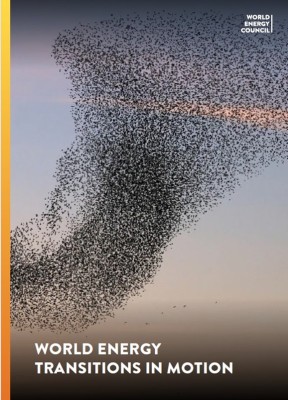
Estonia World Energy Issues Monitor 2025 Country Commentary
Download PDF
World Energy Issues Monitor 2025
Download PDF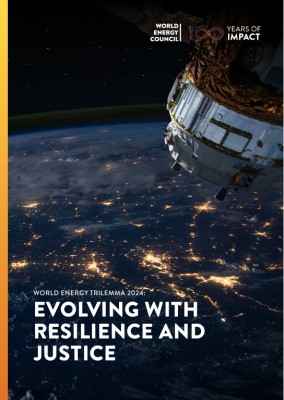
Estonia World Energy Trilemma Country Profile 2024
Download PDF


